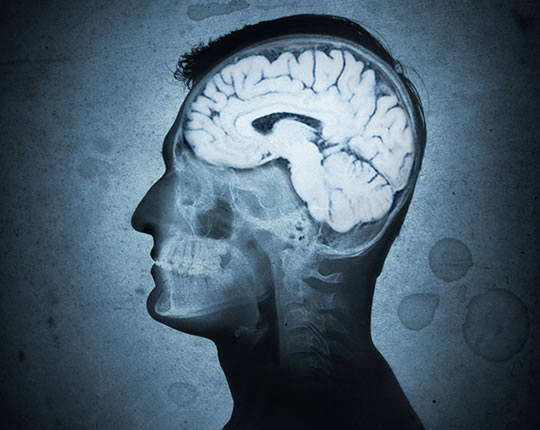Mouse study reverses memory loss in mice with Alzheimer’s.
Memory loss caused by Alzheimer’s disease has been reversed in mice, reports a new study.
Alzheimer’s disease — the most common form of dementia –results from both genetic and environmental factors, and is currently untreatable.
Scientists have discovered, though, that the disease interferes with electrical signalling in part of the brain responsible for memory.
Using techniques based on epigenetics, the researchers were able to reverse the memory loss.
Epigenetics involves how instructions contained in DNA are expressed in cells.
Professor Zhen Yan, the study’s first author, said:
“We have not only identified the epigenetic factors that contribute to the memory loss, we also found ways to temporarily reverse them in an animal model of AD.”
The scientists found that Alzheimer’s caused neurons in the frontal cortex to gradually lose glutamate receptors.
By inhibiting an enzyme, they were able to restore memory in mice.
Professor Yan said:
“When we gave the Alzheimer’s animals this enzyme inhibitor, we saw the rescue of cognitive function confirmed through evaluations of recognition memory, spatial memory and working memory.
We were quite surprised to see such dramatic cognitive improvement.
At the same time, we saw the recovery of glutamate receptor expression and function in the frontal cortex.”
While the drug only worked on the mice for one week, it is hoped the method can be refined to make it more powerful.
Epigenetics is powerful because it can target the effects of more than one gene, said Professor Yan:
“An epigenetic approach can correct a network of genes, which will collectively restore cells to their normal state and restore the complex brain function.
We have provided evidence showing that abnormal epigenetic regulation of glutamate receptor expression and function did contribute to cognitive decline in Alzheimer’s disease.
If many of the dysregulated genes in AD are normalized by targeting specific epigenetic enzymes, it will be possible to restore cognitive function and behavior.”
The study was published in the journal Brain (Yan et al., 2019).

